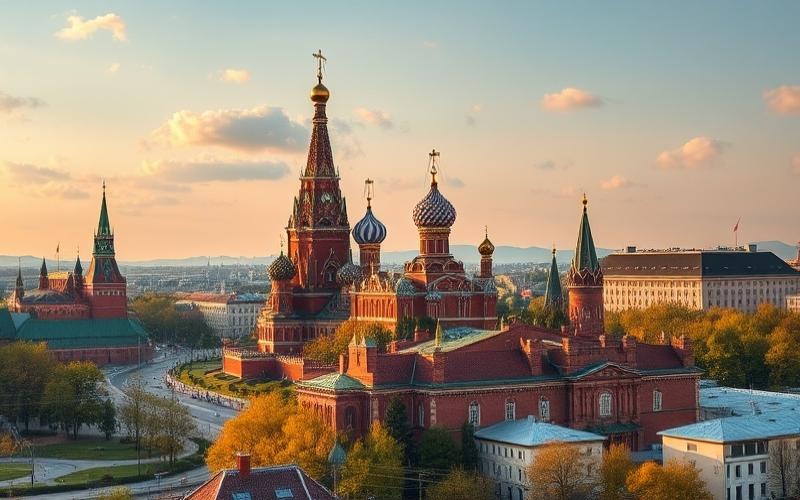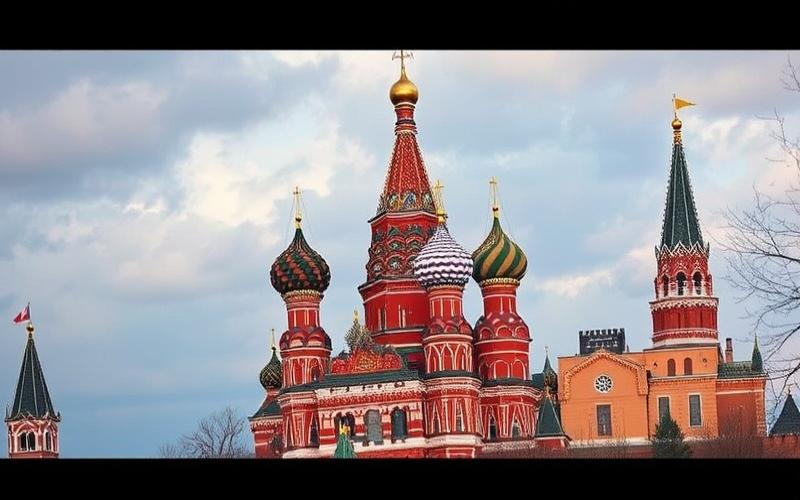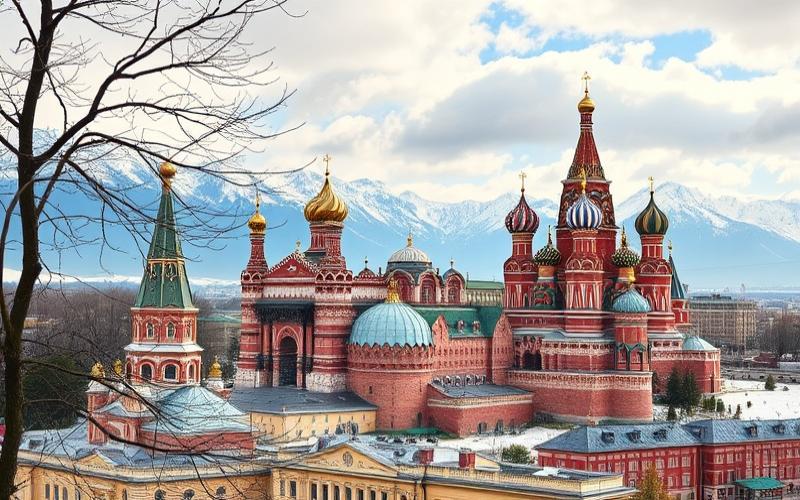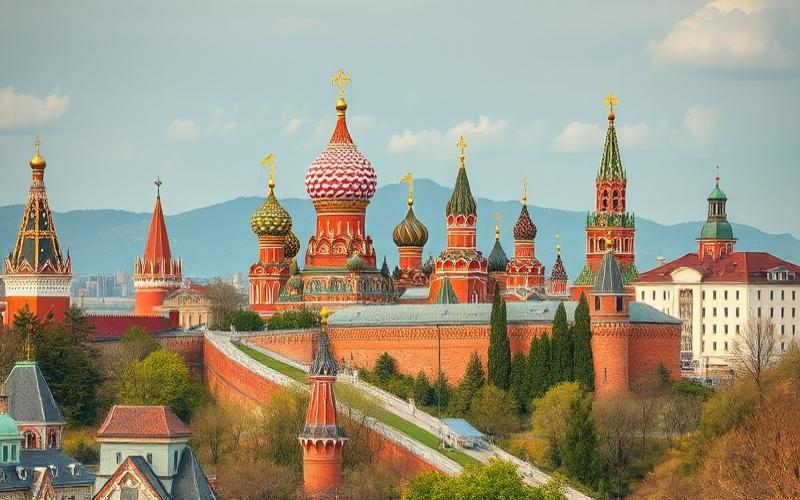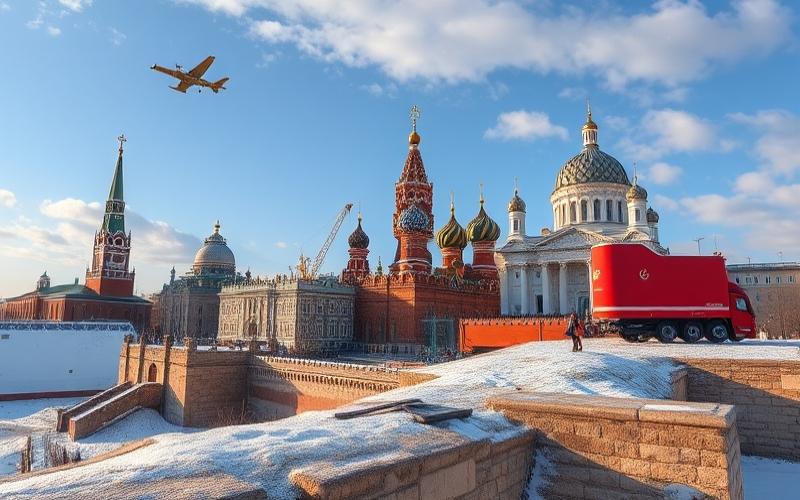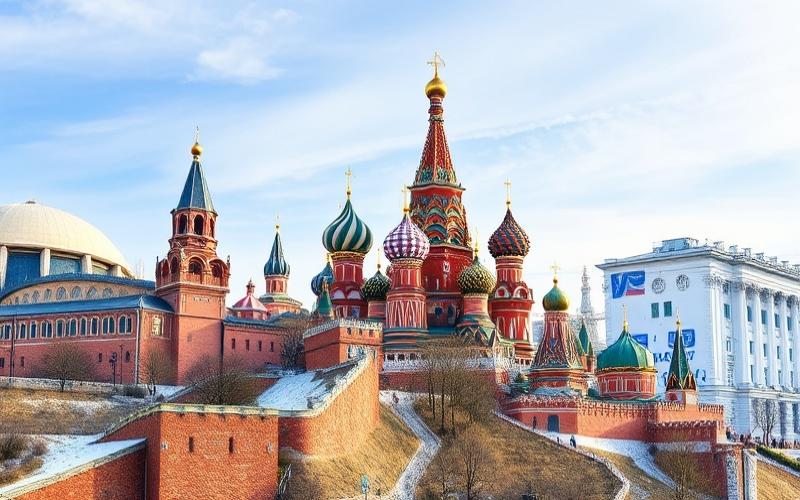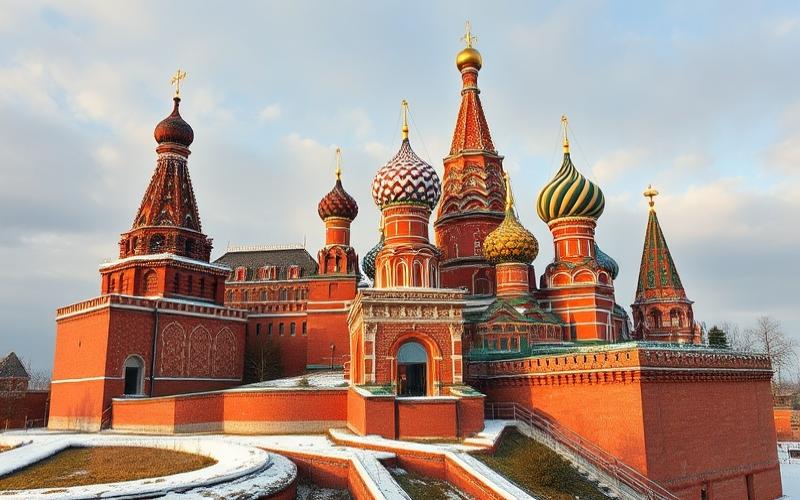
 Published on and written by Cyril Jarnias
Published on and written by Cyril Jarnias
In the current Russian context, where migration issues are becoming increasingly important, understanding foreigners’ rights and their options for appealing administrative decisions becomes essential.
This article examines the legal mechanisms available to foreigners to challenge decisions affecting them, whether they involve visa denials, residence permits, or expulsion.
Faced with a legal framework that may seem opaque and a judicial system often criticized for its lack of transparency, it’s crucial to know the appeal procedures, deadlines to meet, and competent authorities to ensure an effective defense of one’s rights.
This challenging journey, full of obstacles, is nevertheless scattered with resources and strategies that this article proposes to explore to shed light on the complex issues facing those who wish to establish a life in Russia.
Understanding Administrative Decisions Concerning Foreigners in Russia
The legal framework for administrative decisions concerning foreigners in Russia primarily relies on Federal Law No. 115-FZ “On the Legal Status of Foreign Citizens in the Russian Federation,” as well as specific texts related to expulsion, deportation, and visa refusal. These decisions are governed by precise administrative and judicial procedures.
Competent Authorities:
- Main Directorate for Migration Affairs (GUVM) of the Ministry of Internal Affairs: handles residence matters, issues or revokes residence permits, refugee status, travel documents, etc.
- Russian courts: competent to order administrative expulsion in case of violation of migration legislation.
- Ministry of Foreign Affairs: responsible for issuing and denying visas.
Common Types of Administrative Decisions Regarding Foreigners:
| Decision | Competent Authority | Common Reasons | Consequences |
|---|---|---|---|
| Visa denial or revocation | Ministry of Foreign Affairs | Failure to meet entry requirements, national security | Entry ban, forced return |
| Administrative expulsion | Court | Violation of migration legislation, offenses | Forced return, entry ban |
| Deportation | GUVM | Loss of legal status, irregular stay | Placement in detention, removal |
| Denial or revocation of refugee status | GUVM | Change in situation in home country | Loss of right to stay |
| Placement under “expulsion regime” (starting 2025) | GUVM | Expired visa, rejected asylum application, conviction | Restricted rights, increased monitoring |
Procedures and Criteria:
- Administrative expulsion procedure:
- Decision made by the court, often following an administrative offense (e.g., irregular stay, unauthorized activity).
- The foreigner is summoned, may be assisted by a lawyer, and the judgment is notified within a few days.
- Execution deadline: immediate or within 10 to 15 days after the decision.
- Deportation procedure:
- Administrative decision, without need for court judgment, by the GUVM.
- Reasons: expiration or revocation of residence permit, illegal entry, denial or revocation of refugee status.
- Possible placement in detention center for up to 48 hours without court decision; beyond that, a judicial decision is required.
- Visa denial:
- Administrative decision, often without obligation for detailed reasoning.
- Reasons: risks to national security, failure to meet entry requirements, false statements.
Frequently Cited Criteria and Reasons:
- Non-compliance with migration laws (irregular stay, work without permit).
- Risk to security or public order.
- False statement or use of fake documents.
- End of need for international protection (for refugees).
- Criminal or administrative offenses.
Application Circumstances and Consequences:
A foreigner may be affected by these decisions in case of irregular stay, rejection of a protection application, or if deemed undesirable for national security.
Possible consequences: forced removal, entry ban ranging from 3 to 10 years, loss of social rights, restriction of activities (marriage, business creation, etc.), placement in detention center.
Deadlines and Notification Procedure:
- The foreigner must be informed in writing of the decision and its reasons, generally within a few days after the decision.
- They have a deadline to file an appeal (generally 10 days for judicial decisions).
- Assistance from a lawyer or legal advisor is possible and recommended, particularly for defense in court or when appealing an administrative decision.
Role of Lawyers or Legal Advisors:
- Advice on rights and procedures.
- Assistance during hearings or administrative steps.
- Filing appeals against expulsion, deportation, or visa denial decisions.
- Monitoring the situation in detention centers and defending fundamental rights.
Procedural Summary:
Decision → Notification to foreigner → Possibility of appeal → Execution of decision (expulsion, deportation, entry denial)
Legal assistance recommended at each stage, especially in case of risk of deprivation of liberty or violation of fundamental rights.
Example of Restrictions Related to “Expulsion Regime” (starting 2025):
- Inability to marry or create a business in Russia
- Enhanced administrative control and limitation of freedom of movement
Good to know:
The Russian authorities competent for administrative decisions concerning foreigners are primarily the Federal Migration Service and the Federal Security Service, which frequently rule on expulsions and visa denials based on national security criteria; foreigners must be informed within a specific timeframe, and using a lawyer can facilitate the process of challenging these decisions.
Important note: Any expulsion or deportation decision can have serious and irreversible consequences on a foreigner’s life, hence the importance of being quickly informed of one’s rights and seeking specialized legal assistance.
Available Appeals to Challenge an Administrative Decision in Immigration Matters
Administrative decisions in immigration matters in Russia can be challenged through several types of appeals, each following specific procedures and requirements.
Ordinary Appeal Procedures
- Administrative appeal: This is a request addressed to the administrative authority that made the contested decision, asking for its reconsideration. This appeal can be filed directly with the competent territorial service of the Ministry of Internal Affairs (GUVM MVD), generally within one month after notification of the decision.
- Request for hierarchical review: This involves petitioning a higher authority within the same ministry, particularly the Main Directorate for Migration for refusals related to refugee status or temporary asylum.
Documents Required for Administrative Procedures
- Written, reasoned notification of refusal
- Supporting documents related to the initial file
- New or additional supporting evidence
Judicial Appeals
| Type of Appeal | Competent Court | Deadline to Act | Required Documents |
|---|---|---|---|
| Cancellation of a denial | Local administrative court | 1 month | Contested decision, complete file |
| Challenge of expulsion | Judicial or administrative court | Variable (generally quick) | Expulsion notification, proof of identity |
| Rehabilitation | Administrative jurisdiction | Case-dependent | Evidence demonstrating administrative error |
Main Steps in a Judicial Appeal
- Written submission to competent court with all supporting documents
- Possible extension of temporary documents upon presentation of appeal receipt
- Court hearing; adversarial examination with opportunity for petitioner and administration to present arguments
Essential Conditions to Ensure Admissibility
- Strict compliance with legal deadlines (generally one month)
- Complete submission of documents required by law and internal regulations
- Clear and detailed reasoning explaining legal and factual grounds challenging the decision
Recent Case Law Examples
Ms. A… filed with the administrative court a request to annul the implicit decision by which the commission had rejected her preliminary appeal against a consular refusal. The court recalls that any denial decision must necessarily be reasoned in accordance with legal provisions.
Regarding illegal cancellation of temporary residence permits, it’s possible not only to challenge judicially but also to request rehabilitation by proving a manifest error by the authorities.
According to Russian standards on administrative expulsions, if the foreigner appeals within the allotted time, any certificate or attestation related to stay can be extended throughout the entire procedure.
Recent Reforms and Ongoing Developments
- To further clarify procedural modalities applicable to foreigners,
- To improve effective access to administrative judges,
- To strengthen the obligation for written reasoning in negative decisions,
- To facilitate automatic extension of temporary certificates throughout the effective duration of litigation.
Debates are currently open on administrative simplification as well as better digital access to internal procedures. These efforts mainly aim to more effectively guarantee fundamental rights in migration litigation in Russia.
Good to know:
Applicants can challenge an administrative decision in immigration matters in Russia with the competent authority through a request for reconsideration or administrative appeal, or petition competent courts within a specific deadline by providing required documents; recent case law has reinforced the importance of complying with these formalities, and reforms aim to simplify these procedures.
Strategies for Expatriates Facing Decisions by Russian Authorities
Expatriates in Russia have several strategies to challenge or adapt to administrative decisions made by local authorities, depending on the nature of the dispute and their personal situation.
Main Legal Options Available:
- Filing appeals with competent Russian courts (administrative court or civil court depending on the case).
- Engaging a specialized mediator or conciliation bodies when offered in certain areas.
- Possibility, in some cases, to file a petition with the European Court of Human Rights when fundamental rights are at stake.
Available Support and Resources for Expatriates:
- Foreign consulates: consular assistance for advice, support during official procedures, and sometimes intervention with Russian authorities.
- Expatriate associations: community support, experience sharing, and referral to competent professionals.
- Law firms specialized in Russian administrative law: essential local legal expertise; possibility of court-appointed lawyer in case of criminal proceedings or detention.
- Proficiency in Russian or use of certified interpreter during administrative and judicial procedures.
- Rigorous verification of legal deadlines (e.g., one month to appeal after a judicial decision).
- Official translation and mandatory apostille on all documents intended for Russian authorities.
Illustrative Examples:
| Case | Strategy Used | Result |
|---|---|---|
| Challenge of “foreign agent” status | Appeal to national courts then ECHR | ECHR recognized violation of fundamental rights but Russia continues restrictive application |
| International adoption contested by administration | Petition to Court + consular follow-up + certified translation | Exequatur obtained after strict compliance with linguistic formalities |
| Unjustified administrative detention | Rapid intervention with local lawyer + official interpreter + consular support | Rights preserved during judicial procedure; accelerated release |
Key Points to Remember:
It is crucial for any expatriate facing a contestable administrative decision in Russia:
- To quickly seek specialized legal assistance
- To precisely inform themselves about their procedural rights
- To ensure all official communications are drafted/translated in accordance with local requirements
In the current context marked by legislative tightening toward foreigners – particularly via the law on “foreign agents” – it’s recommended to remain vigilant about regulatory developments to avoid any arbitrary proceedings.
Good to know:
Expatriates can challenge administrative decisions in Russia by filing appeals with courts or collaborating with specialized mediators, while seeking support from consulates, associations, and specialized law firms. Being accompanied by a certified translator is crucial to effectively navigate the Russian legal system, as demonstrated by a recent case where an expatriate won their case thanks to good understanding of local procedures.
Disclaimer: The information provided on this website is for informational purposes only and does not constitute financial, legal, or professional advice. We encourage you to consult qualified experts before making any investment, real estate, or expatriation decisions. Although we strive to maintain up-to-date and accurate information, we do not guarantee the completeness, accuracy, or timeliness of the proposed content. As investment and expatriation involve risks, we disclaim any liability for potential losses or damages arising from the use of this site. Your use of this site confirms your acceptance of these terms and your understanding of the associated risks.



